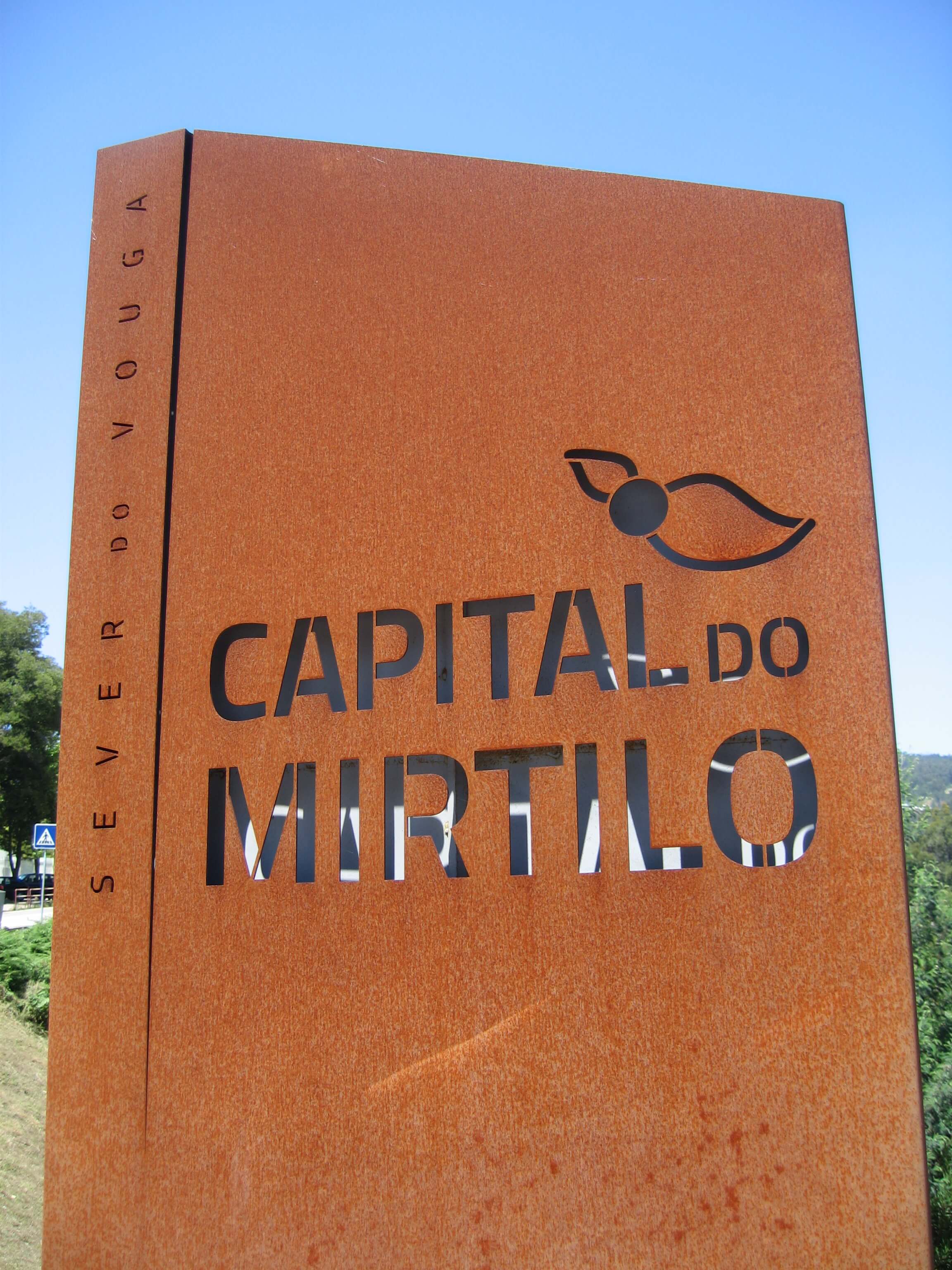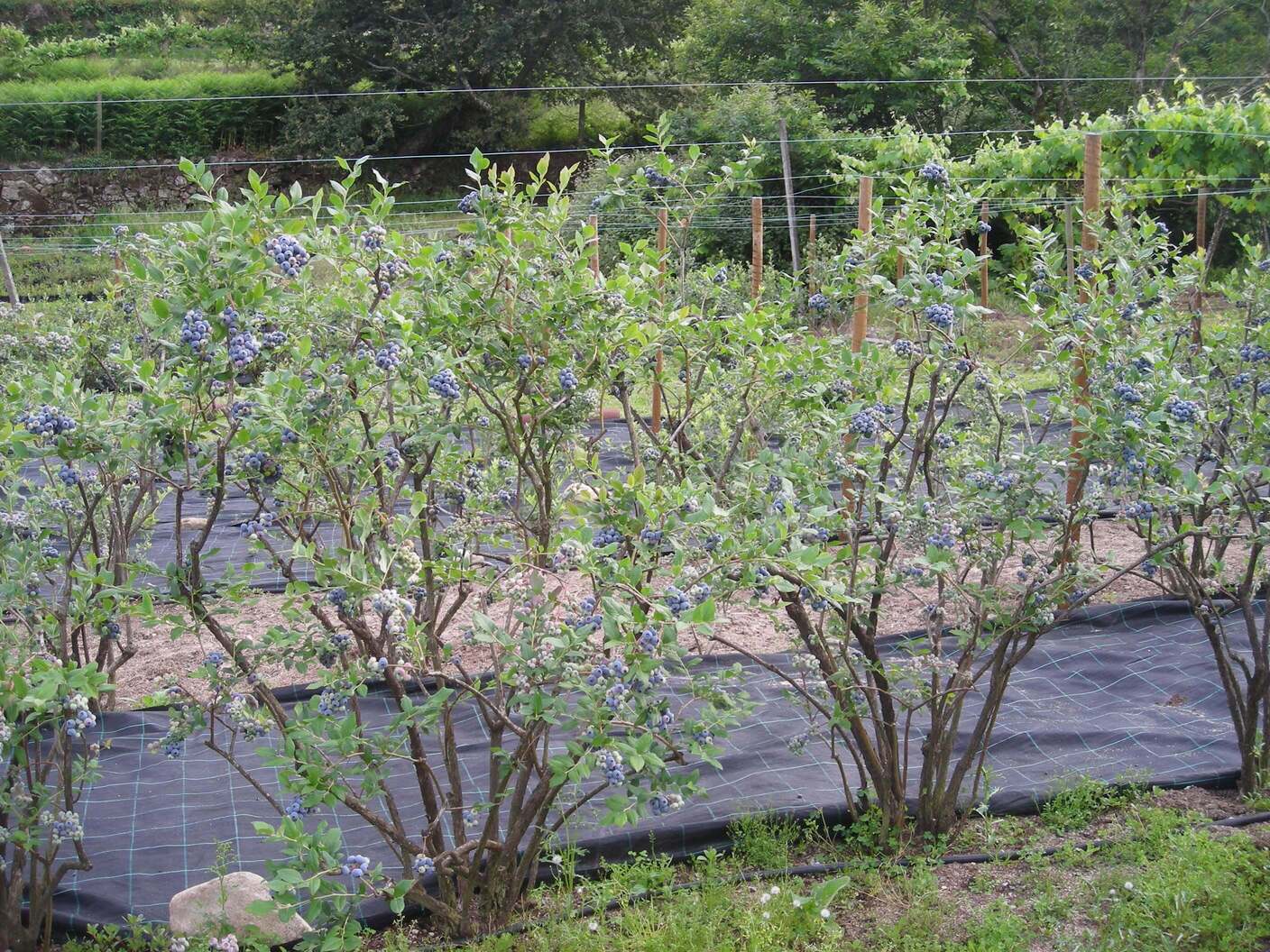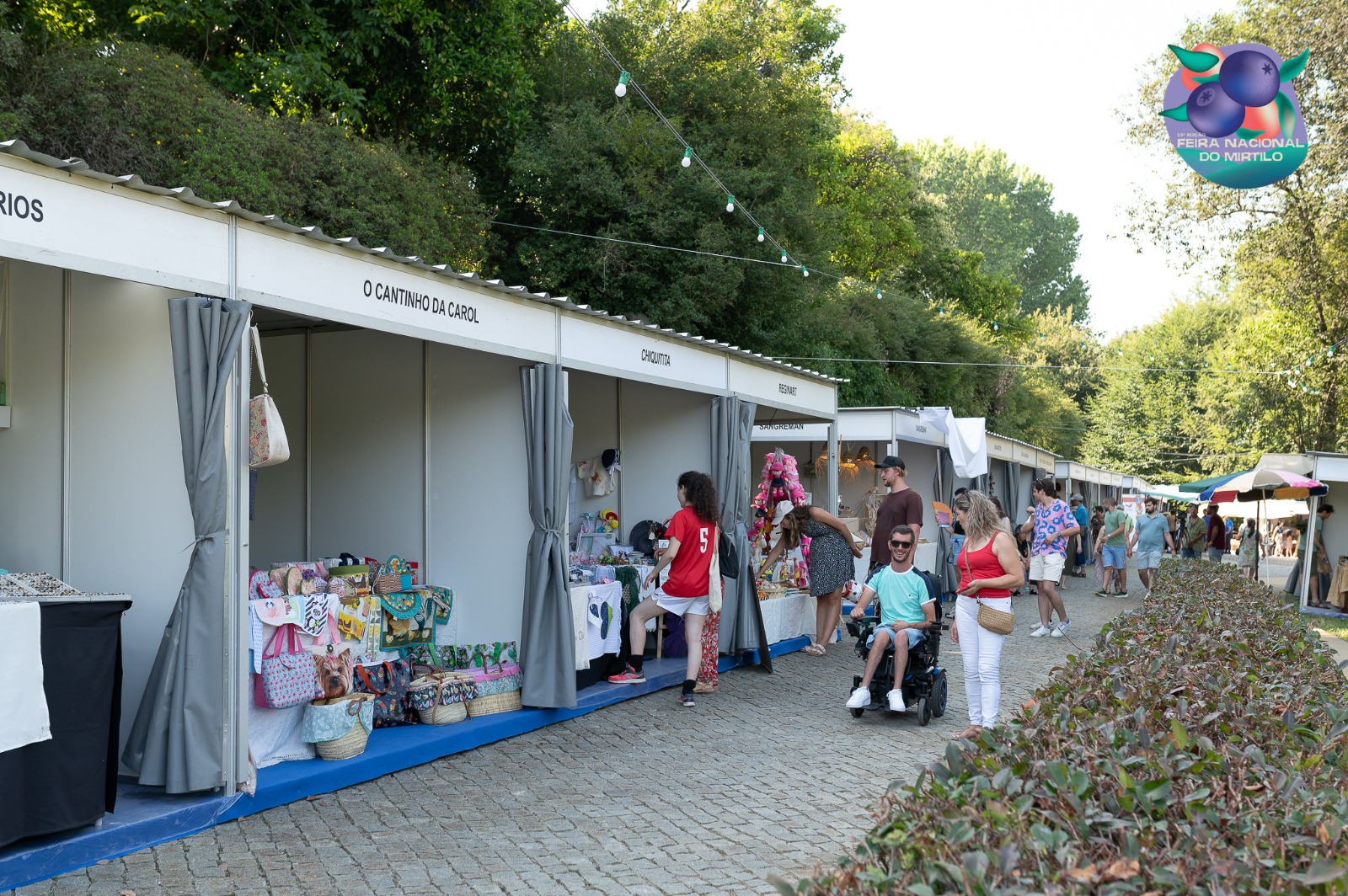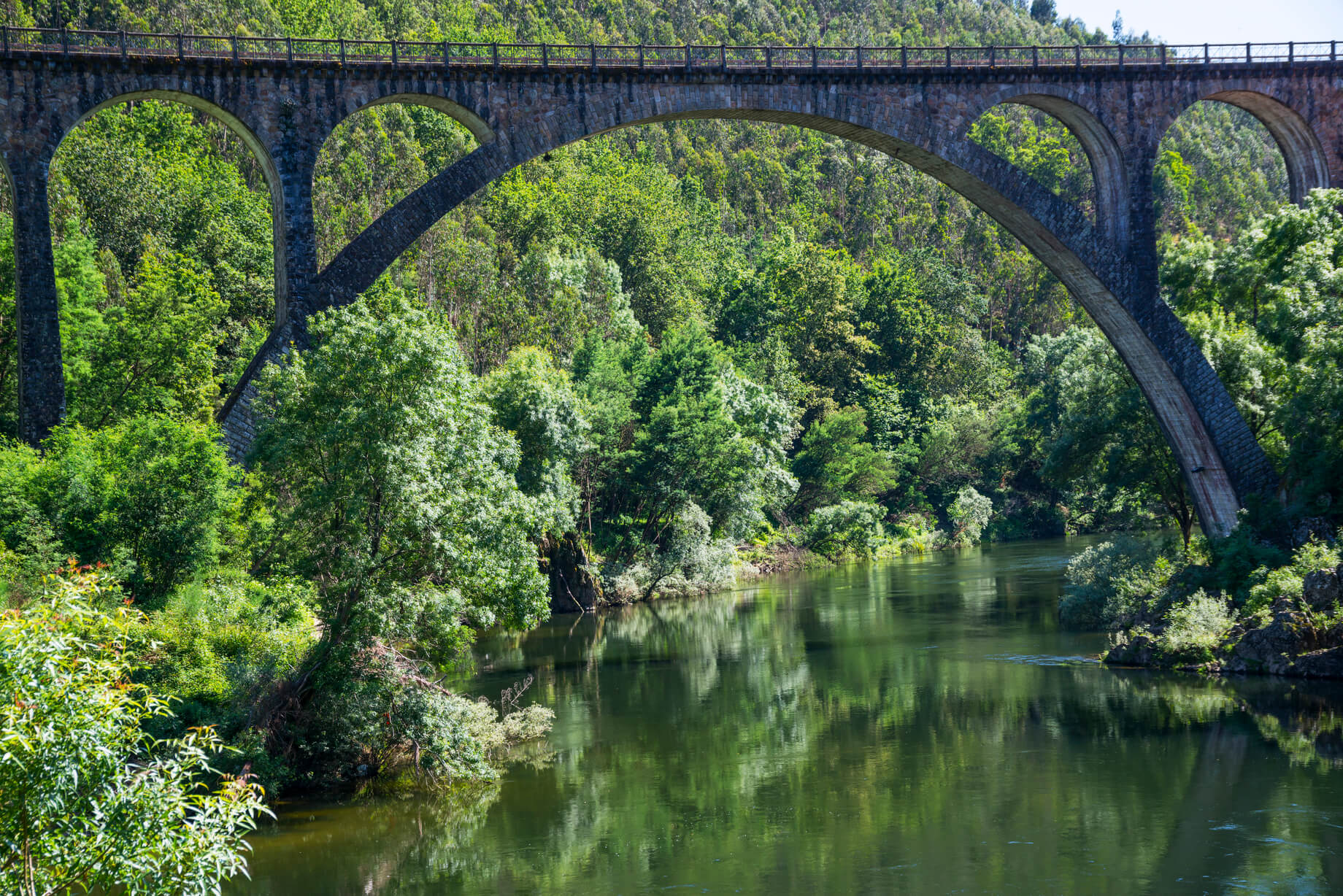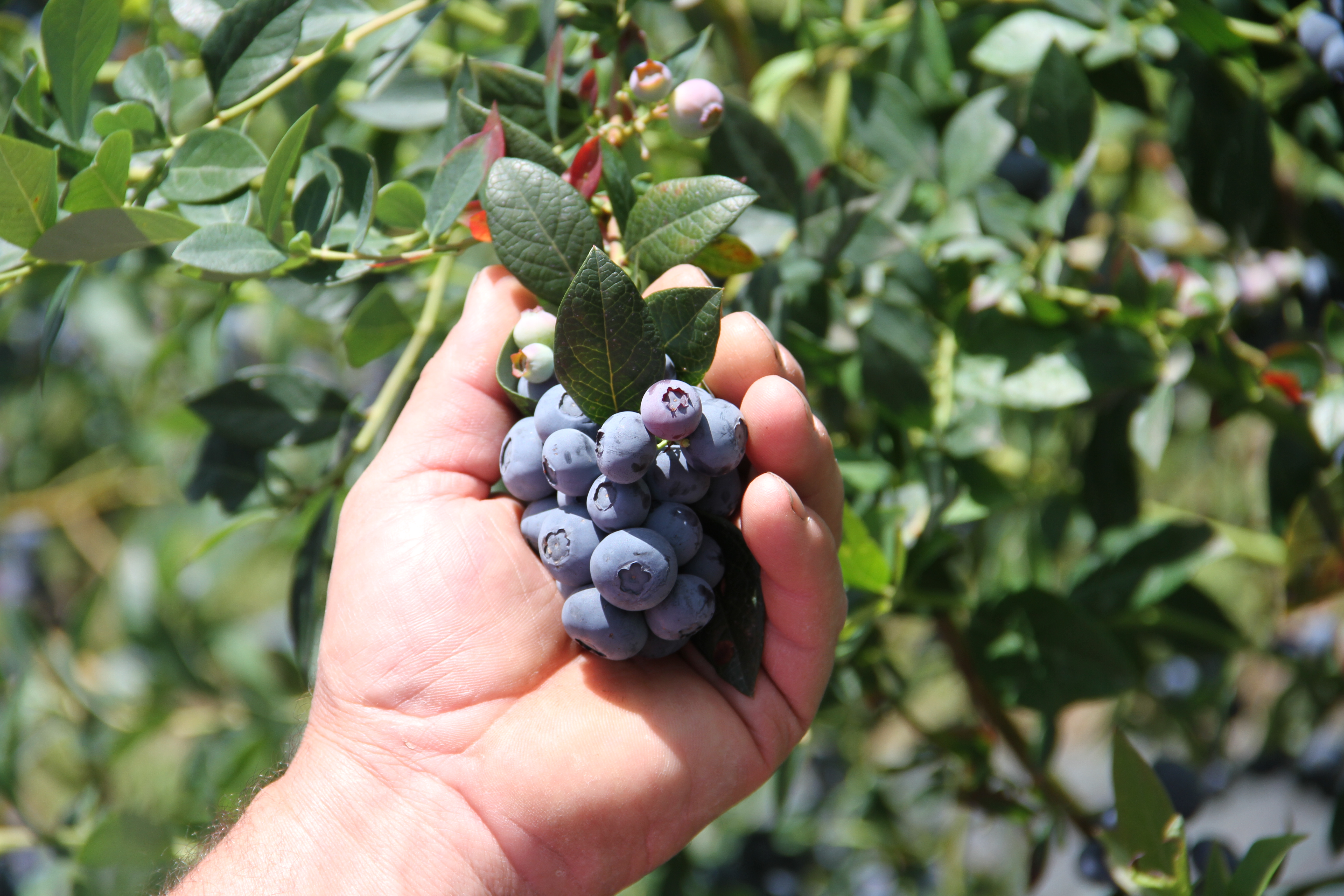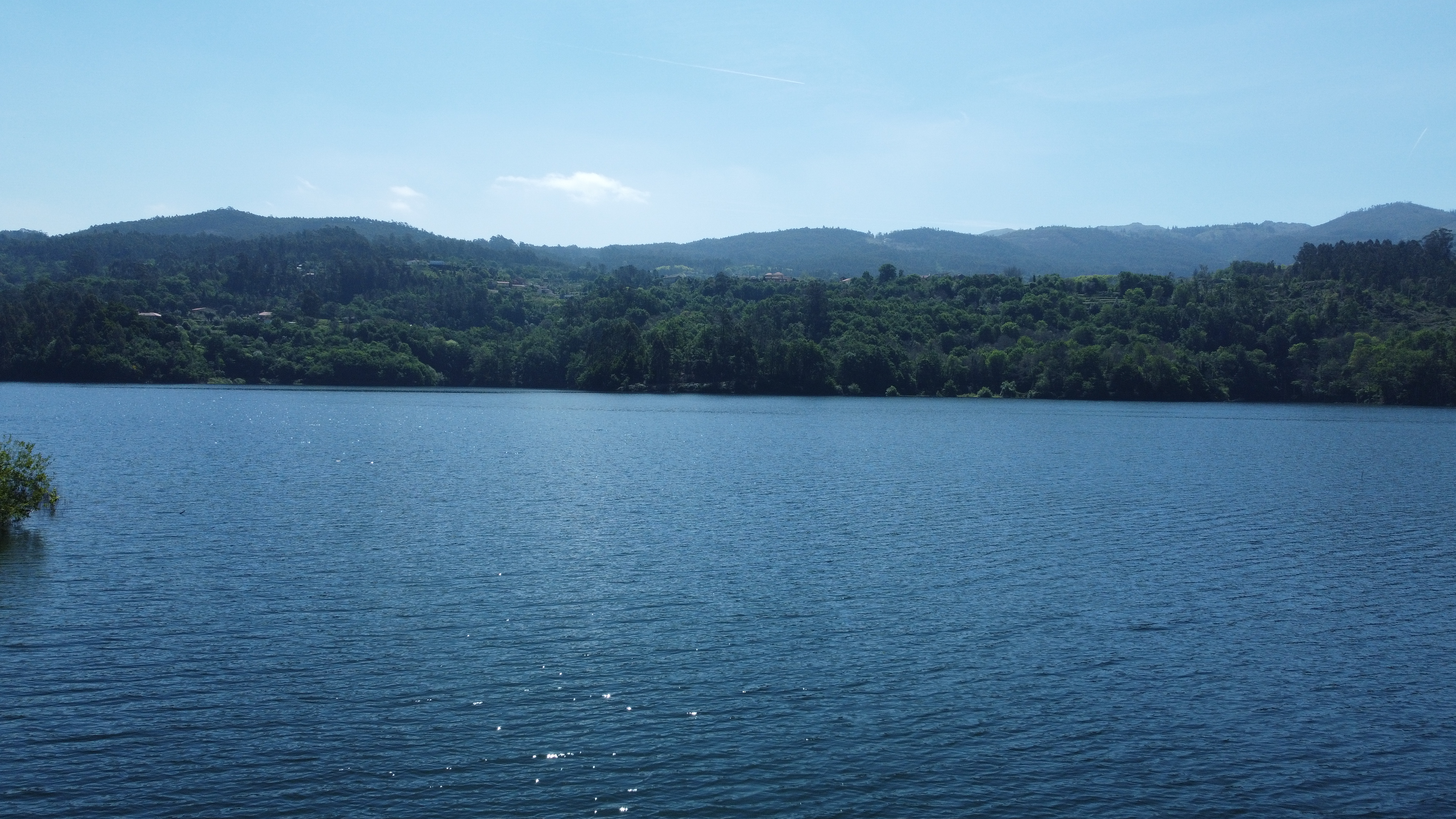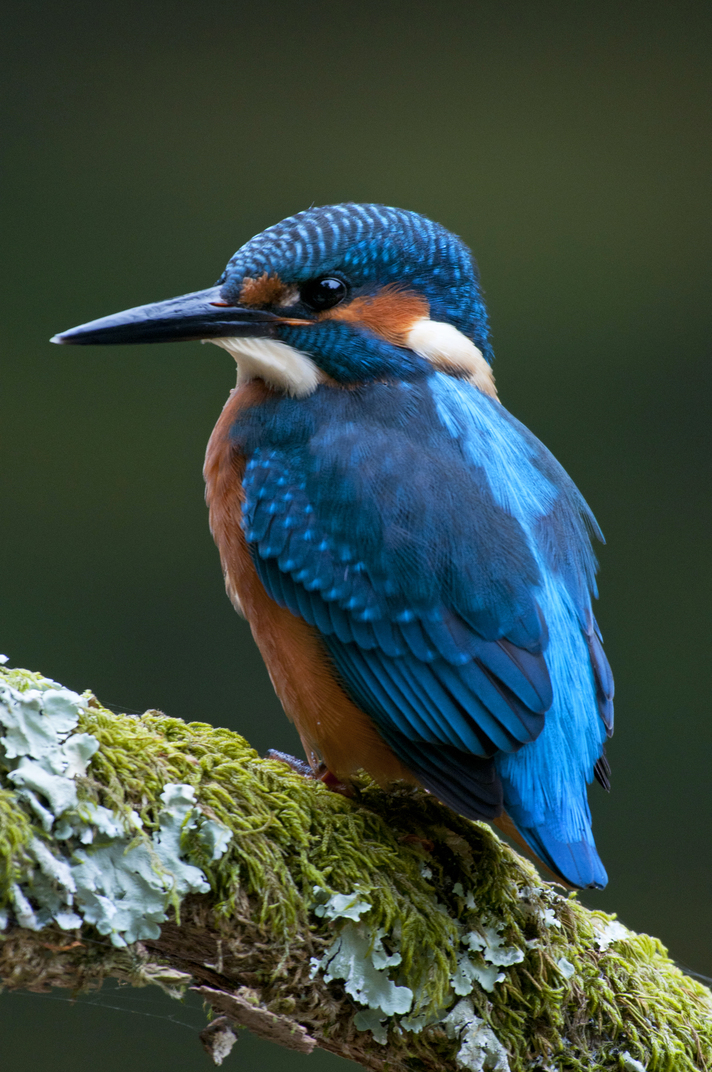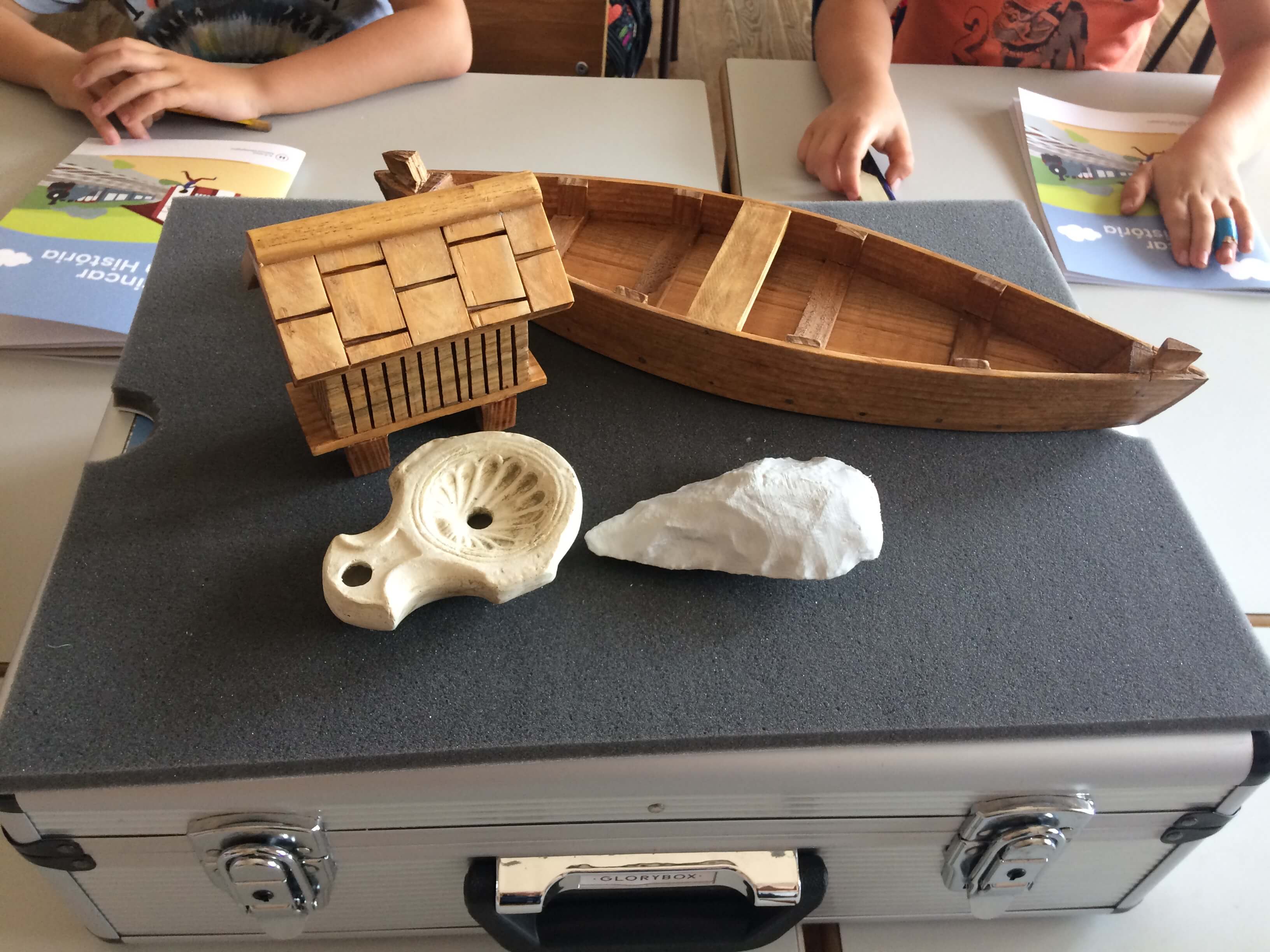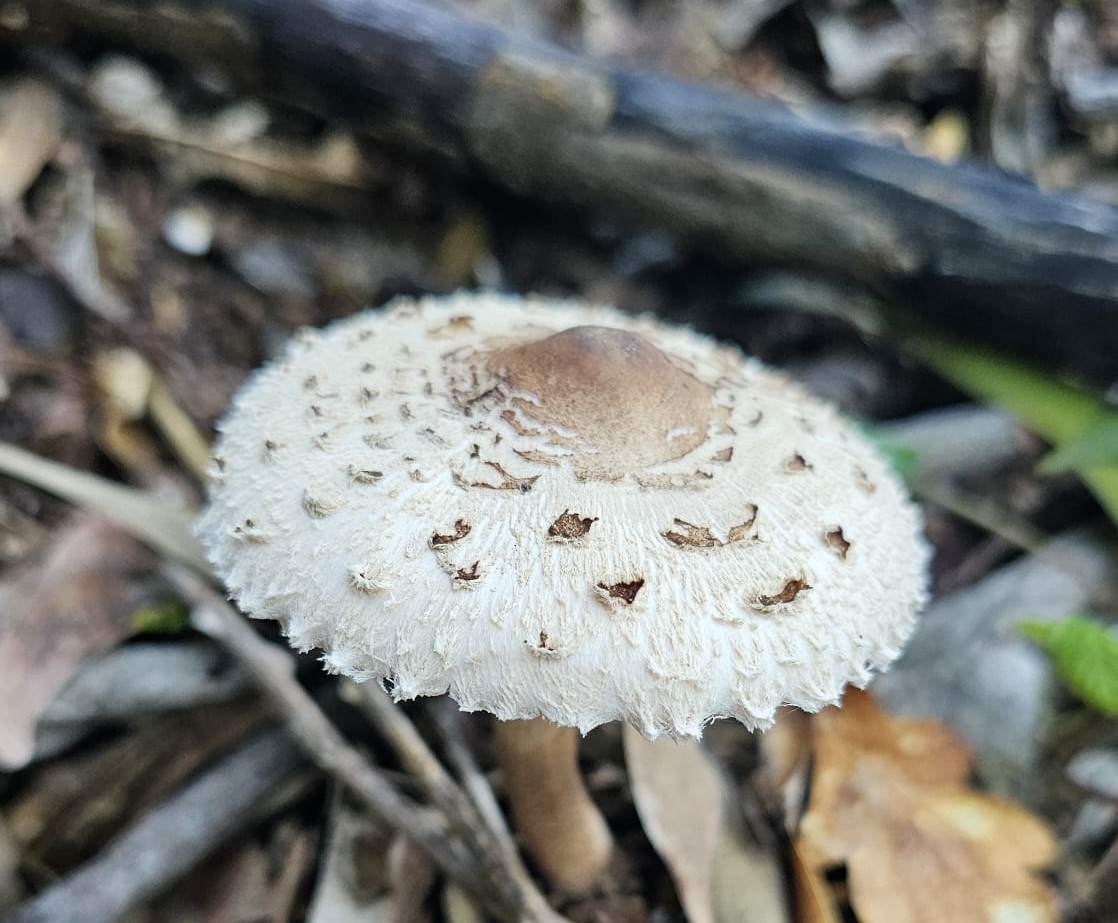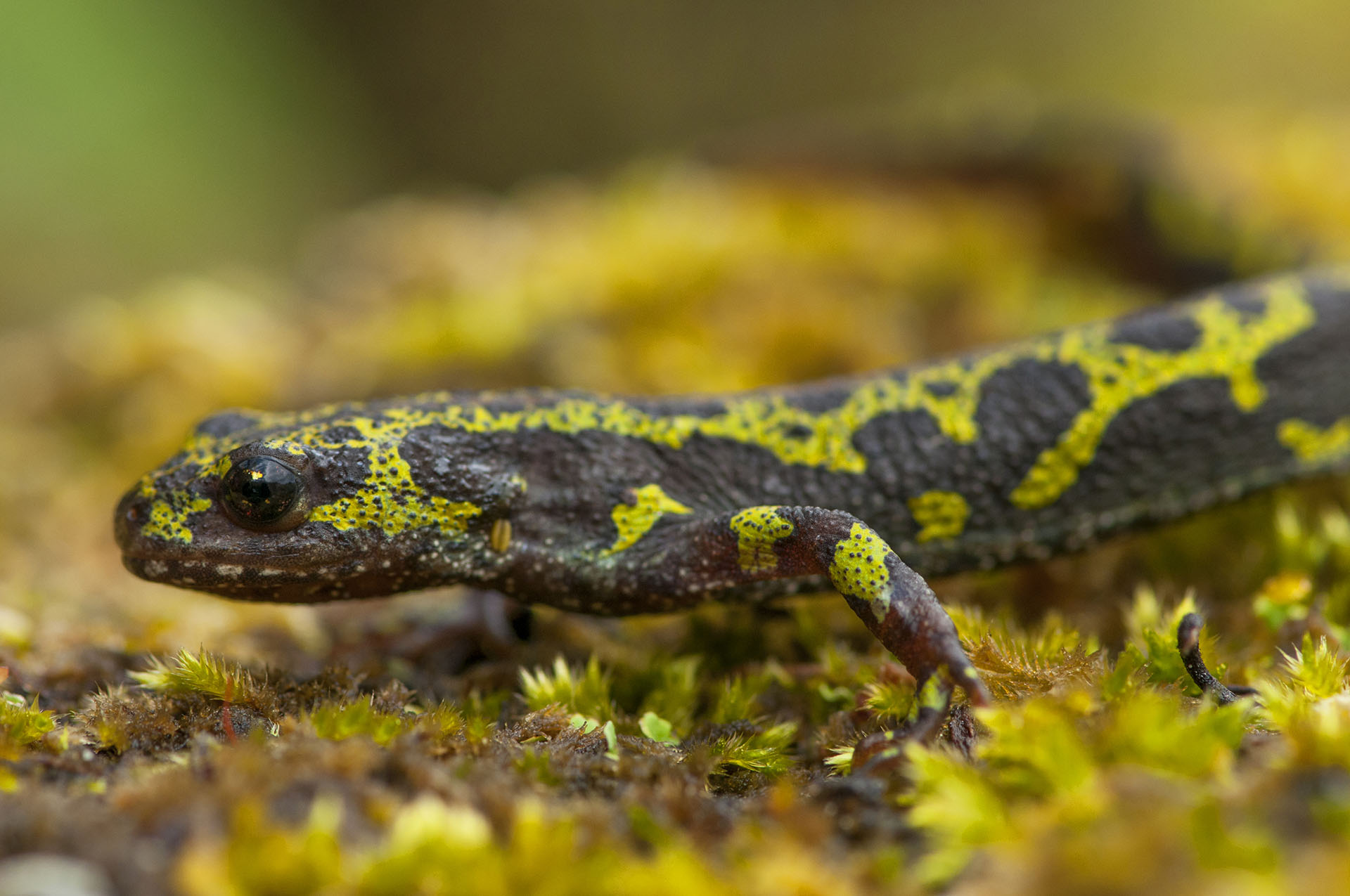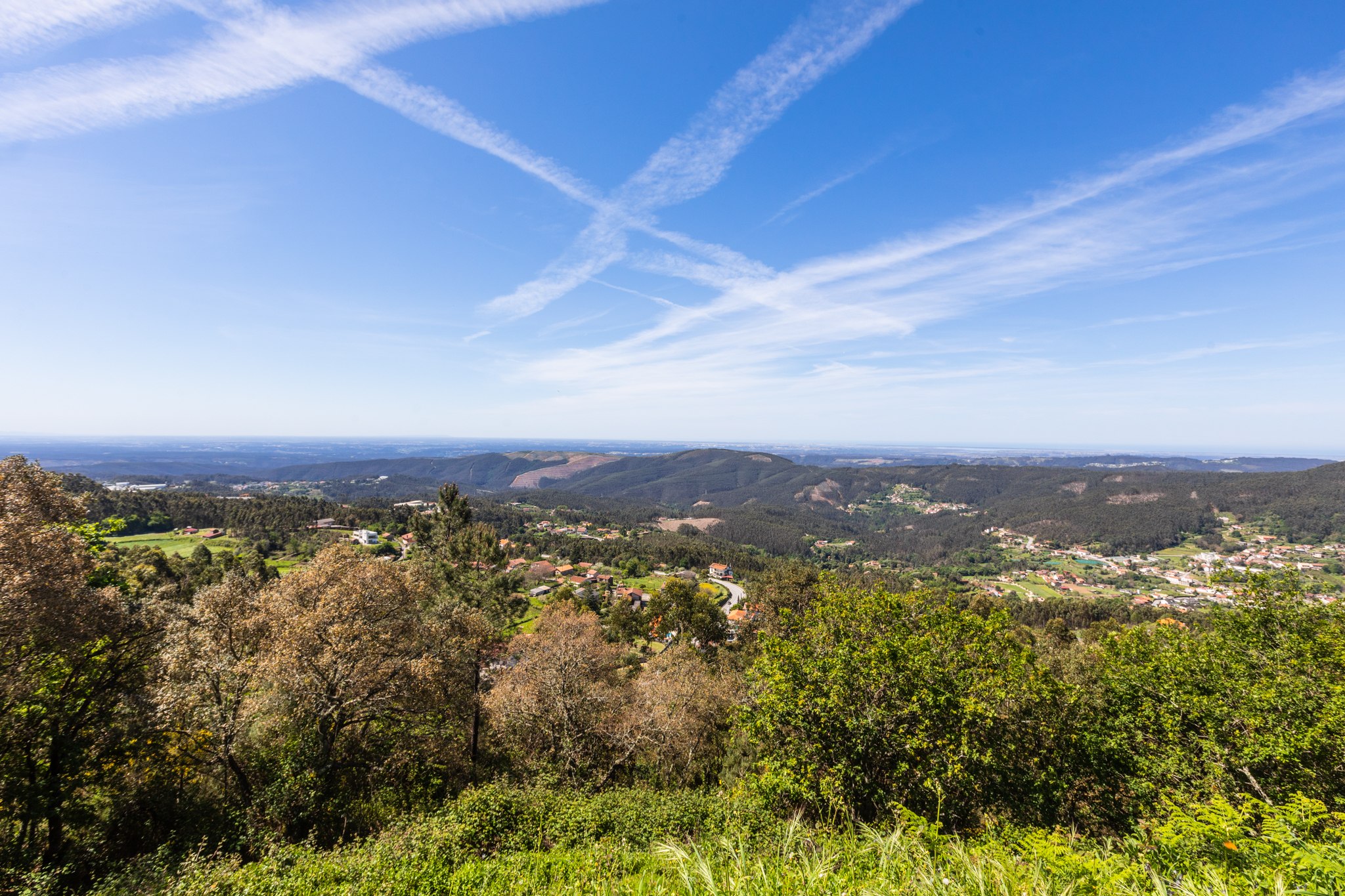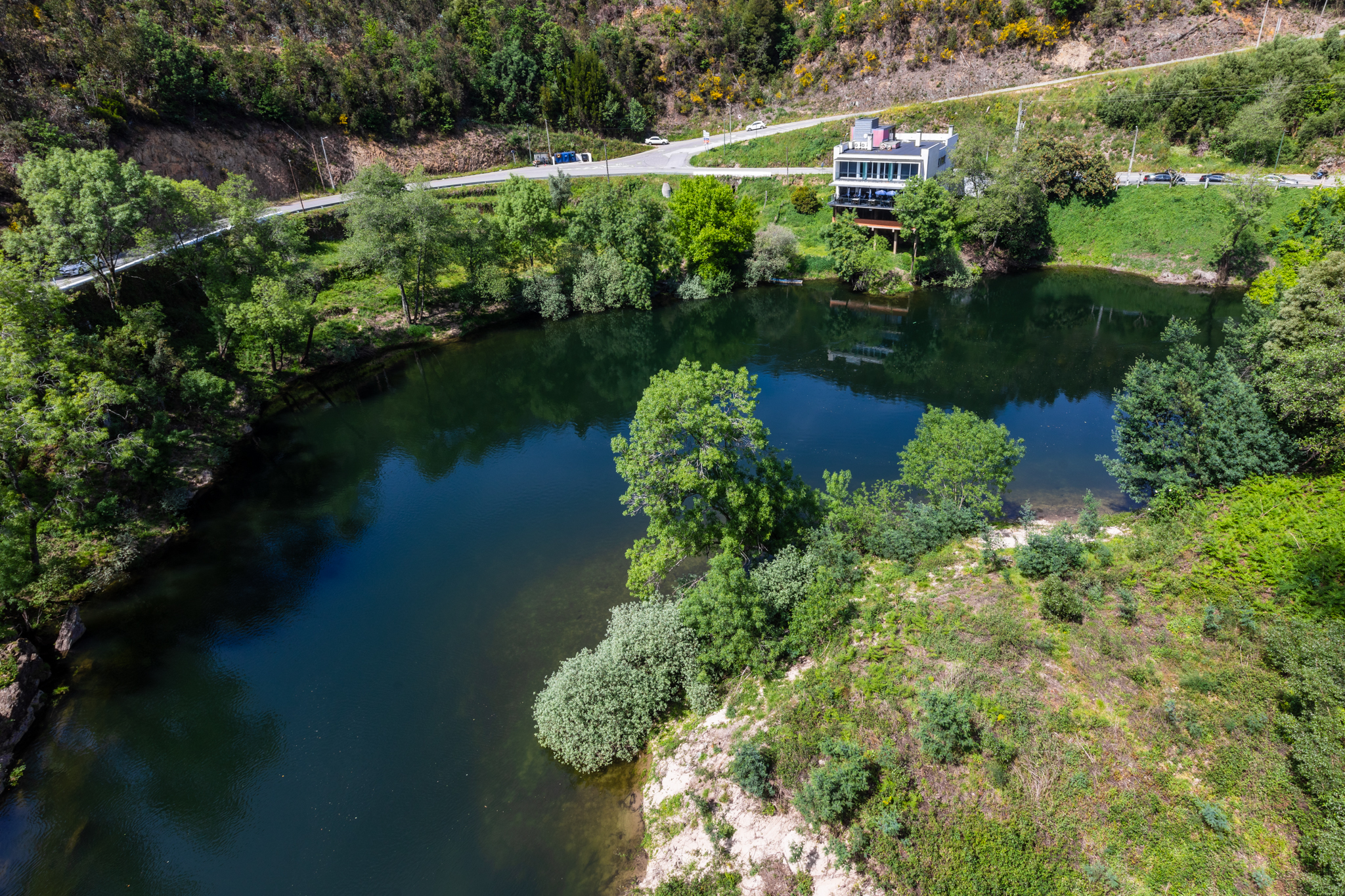Blueberries are the hallmark of Sever do Vouga. The fruit of youth, as it is commonly called, was born in Sever do Vouga in 1990 by the Lockorn Foundation of Dutch origin. The quality of the soil and climatic factors are so favourable to the production of the blue fruit that in 2011 Sever do Vouga became the Blueberry Capital.
The first pilot experience took place on the grounds of Fundação Bernardo Barbosa de Quadros, IPSS in the parish of Rocas do Vouga, in collaboration with the cooperative and the Lockorn Foundation.
The National Blueberry Fair takes place annually, attracting hundreds of visitors and providing a strong boost to the local economy and tourism in the municipality.
Curiosities:
The color of the blueberry is influenced by the presence of pruine, a waxy layer, powder, which gives it its characteristic bluish tone;
Recipes that use blueberries as an ingredient: pie, panna cotta, pie, cakes, ice creams, yogurts, juices. Other blueberry delicacies are: jams, marmalade, liqueur, tea and blueberry gin, among others;
It grows in a small bush between 1 and 1.5 m in height, on average, and requires 700 to 1,000 hours of temperatures between 10 and 12 °C per year;
The flowers of the plant constantly tilt downwards, so that water does not get into them during rain.
Blueberries gained prominence due to their many medicinal properties, they are a fruit very rich in antioxidants, vitamins and fiber.
The National Blueberry Fair is the event of excellence held in the municipality of Sever do Vouga, which since 2011 has been registered as Capital of Blueberries. It normally takes place at the end of June and attracts thousands of visitors to the municipality of Sever do Vouga.
The small fruit plays a leading role in the region's tourism development and local economy. The number of small producers amounts to a hundred and around two hundred tons are produced per year.
The National Blueberry Fair features various entertainment activities, music, showcooking, exhibitions, sports tournaments and blueberry picking in the experimental field of small fruits. The event allows producers to sell their fruit and derivatives and is equally positive for all tourism agents in the region.


